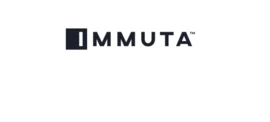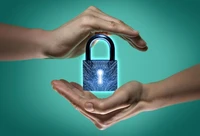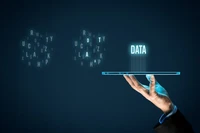Legal automation is usually seen with suspicion. Substituting a law enforcement process with a technological or self-executing enforcement process is inherently problematic and often does not hold those in charge liable or answerable for their actions.
Fortunately, legal automation does not have to follow the substitutive method. Instead, it can be supportive. Legal automation is supportive when it aims to reduce human intervention while ensuring that a relevant legal expert is in charge, answerable, and properly informed or equipped for decision-making.
This whitepaper provides a framework for operationalizing compliance automation, through the creation of fully-integrated automated policies, and clears the path towards effective and scalable compliance for data analytics.







